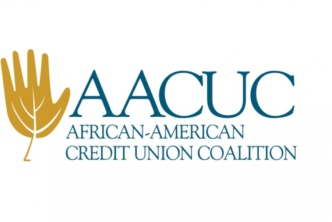Credit Union Journal published an article looking back to 1998 when President Bill Clinton signed HR 1151 – The Credit Union Membership Access Act – into law, legalizing the right of credit unions to welcome members from multiple groups instead of a single group. To commemorate that important step, reporters spoke to leaders in the industry today to learn about their perspective on the historic passage, including Jared Ross, SVP of association services & governmental affairs for the LSCU.
Ross said: “Credit unions continue to want to serve their members in the best possible ways, while banks want to continue to limit what credit unions can do, always using the tax status as their lynchpin argument. What has changed, at least in the years I have been involved in the movement, is that lawmakers tend to see the bankers’ arguments for what they are, self-serving and lacking merit. Credit unions have done a great job of building the important relationships on the Hill, and we need to continue to tell our compelling story.”
“I think the biggest uniting issue on the Hill for credit unions is the tax status. We’ve seen it over the years, whether it be the “Don’t Tax My CU” movement, or the amount of contacts that were made on the Hill during the latest efforts on tax reform. Any type of legislative battle that truly threatens the credit union co-operative model is going to draw tremendous grassroots support.
“Without having the historical perspective of what the battle for HR 1151 was like, I would say the credit union movement continues to evolve and to me, that’s for the better. The passion for the industry remains, but the [number] of credit union advocates continues to increase, and that can only benefit our industry in the future.”




